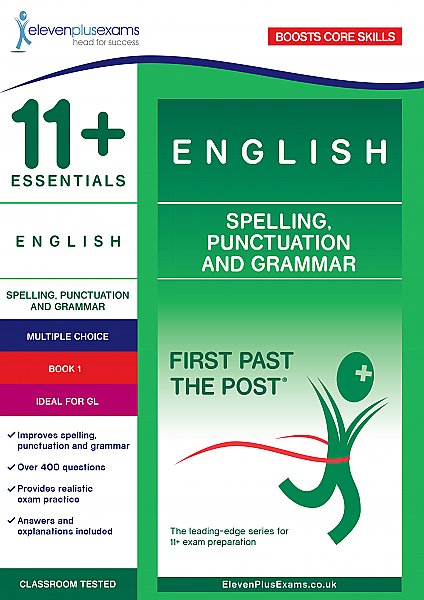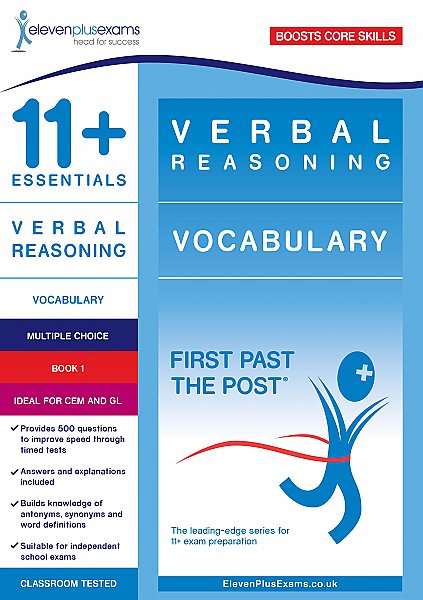Why home tutor?
For many people the decision to tutor their child themselves is driven by cost. 11+ tutors may charge as much as £50 an hour for 1-2-1 tutoring in some of the most fiercely competitive 11+ areas (although £25 per hour is much more common). Tutoring will usually take place weekly for 9 – 12 months prior to the Eleven Plus tests, although it may start earlier in some areas where the children take several different types of paper. The possible cost of £2,500 or more places a professional tutor out of the financial reach of many people.
By comparison the materials needed to effectively home tutor a child might cost no more than £200, and possibly a lot less if you use the many free resources on this site and on websites such as BBC Bitesize. It is a very attractive option for some people, and perhaps the only one for many. However, you should plan carefully when deciding to tutor your own child.
Planning for Home Tutoring
Before starting to tutor you should take several important steps.
- Research the tests in your area. There is a wealth of information on this website to help you find out exactly what the 11+ tests for your preferred schools comprise. That will allow you to focus on precisely what support your child needs rather than teaching skills that may not be required for the tests and wasting both your own and your child’s time.
- Buy the right materials for your area and your child. Not all materials are appropriate for every area or test. Again, you will find advice on this site as to which materials are likely to be most effective in preparing your child for the tests in your area.
- Provide as much variety as you can in the type of materials that you use with your child, to prevent boredom setting in. There are a wealth of resources that will help you to do that – practice materials on books and online resources. You will find suggestions for many different resources and practice materials for each type of test in the English , Maths, Verbal Reasoning and Non-Verbal Reasoning areas of the site.
- Evaluate your child. What is their preferred learning style? Do they like to have you nearby when doing their homework, or do they prefer to be left alone to get on with it? At what time of day do they work best? What incentives and rewards are most effective in motivating them – both short-term and long-term?
- Decide when to work with your child. Fix a time each week when you will work with your child. That will prevent battles over doing the work and provide structure for both of you. If you have other children, can someone else care for them to allow you to focus entirely on your 11+ child?
- Keep it fun! Read our advice to parents on coping with the stress of the 11+. Try to remain upbeat and light-hearted at all times and do not pass your stress on to your child if it can possibly be avoided. Reward and praise your child for every small step along the way.
- Don’t overdo it! Some parents report that they have made their child do a full practice paper every single day through the summer holiday, which is simply a ridiculous amount of practice. If your child needs such an intense amount of practice then you should ask yourself very seriously whether they are really going to be able to keep up at a grammar school. On the other hand, if they are achieving good scores already, then large amounts of practice are completely unnecessary.
- No matter how soon the tests are coming up, please read all of the advice on this section. Even if your child is now in Year 5, there are key tips on our Year 3 & 4 pages that you may find helpful in planning how to work with your child.



















